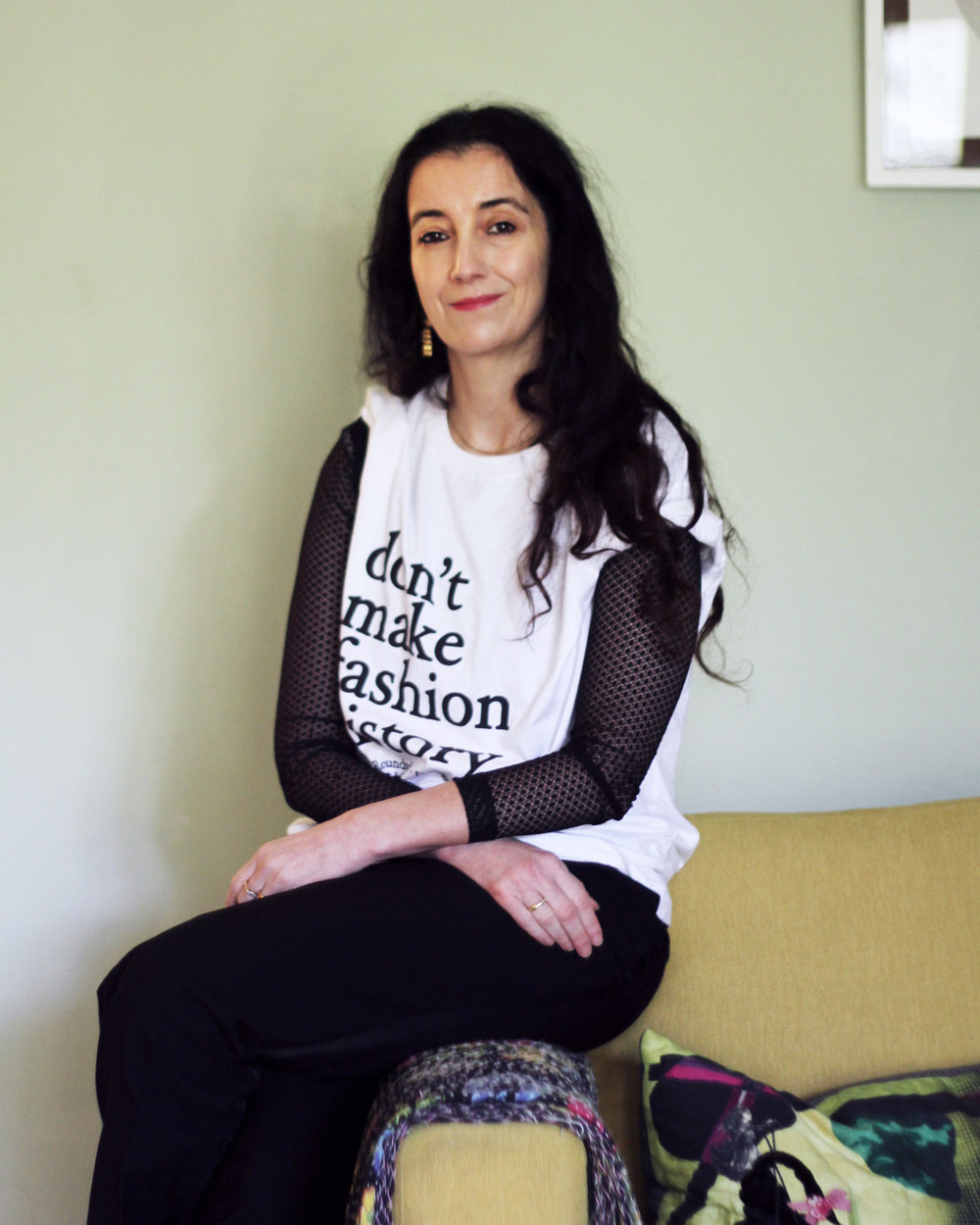
Interview with Tamara Cincik
Currently the world is in turmoil and the fashion industry has not been immune to the situation. With such tricky issues as finance, workers’ rights and safe guarding the future of the industry a lot is at stake. We reached out to discuss these issues with Tamara Cincik founder and CEO of the London-based advocacy group Fashion Roundtable, a leading group of industry experts who collaborate on transformative solutions and strategies.
With her experience as a Fashion Editor, Brand Consultant and currently secretariat to the All Party Parliamentary Group for Textiles and Fashion, we thought she’d be perfectly placed to provide some insight.

Tamara Cincik
You’ve been at the forefront of trying to support the fashion industry through the pandemic, aside from the disease itself. What have you experienced as the biggest challenges?
.
Pace and coordination have been the main challenges. All the elements coming together, finance, decision making etc at a time when there is so much firefighting is difficult. We have pushed for a UK solution, which is more sustainable and coordinated across the supply chain.
The issues of global safety equipment have been in the news a lot, including being raised at the UK government briefings every day. In response you’re involved in coordinating garment makers to produce as much as possible to lift reliance on imports. What has been the response?
.
To transition from a way of doing things to a new way can be challenging. We support UK made solutions, as we have the skills and capacity. We also support the grass roots activities of groups such as the Emergency Designer Network.
https://www.instagram.com/p/B_H-9BBgB5S/
How do you think the government is doing in supporting the U.K. fashion industry?
.
Currently the Government has approached the entire workforce as one and the industry sits across a number of departments. It will take time to review this for each sector. We are a unique and highly valuable industry that will require support on many levels to get through this crisis and beyond.
The pandemic is global; do you think the global fashion companies have taken enough responsibility for their garment workers and textile manufacturers?
.
There is always more that can be done to protect the vulnerable in our society, here and globally. What we are witnessing now will set the tone for businesses as we move forward through these turbulent times. Business can use this as an opportunity to set a course in the right direction.
https://www.instagram.com/p/B-xUTdnA2la/
We’ve seen support for businesses and many workers, but across Europe it’s becoming clear that very few of these options are available to models who are often working on visas or struggle to meet the financial support criteria laid out. Have they become the forgotten part of the industry in the crisis?
.
We have done considerable work regarding lobbying for visas before the crisis. Particularly around garment manufacturing roles in the Shortage Occupation List (SOL) allowing for machinists to be hired internationally. The international nature of our industry will continue to remain a high priority for us. We also are a part of the FreeMoveCreate campaign and have been since the beginning. CV-19 highlights a number of challenges that we hope everyone can see more clearly now and also relate post CV-19 to Brexit and trade.
Interviewed and Text by HR feature writer/ ROSS POLLARD

